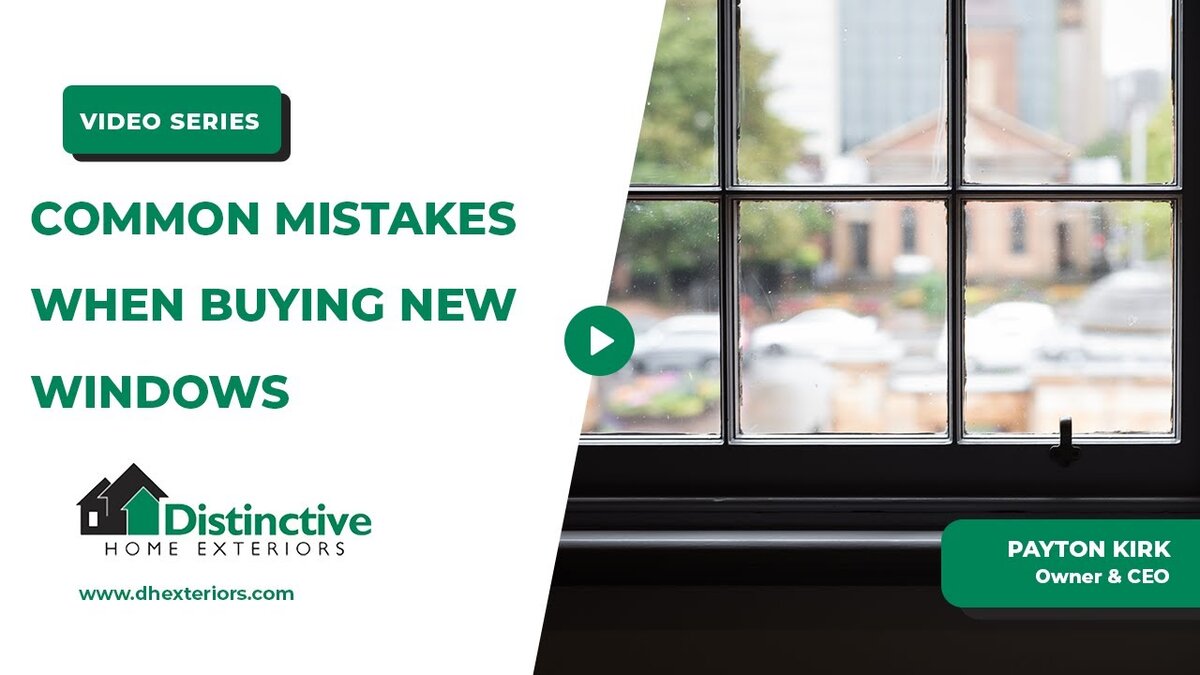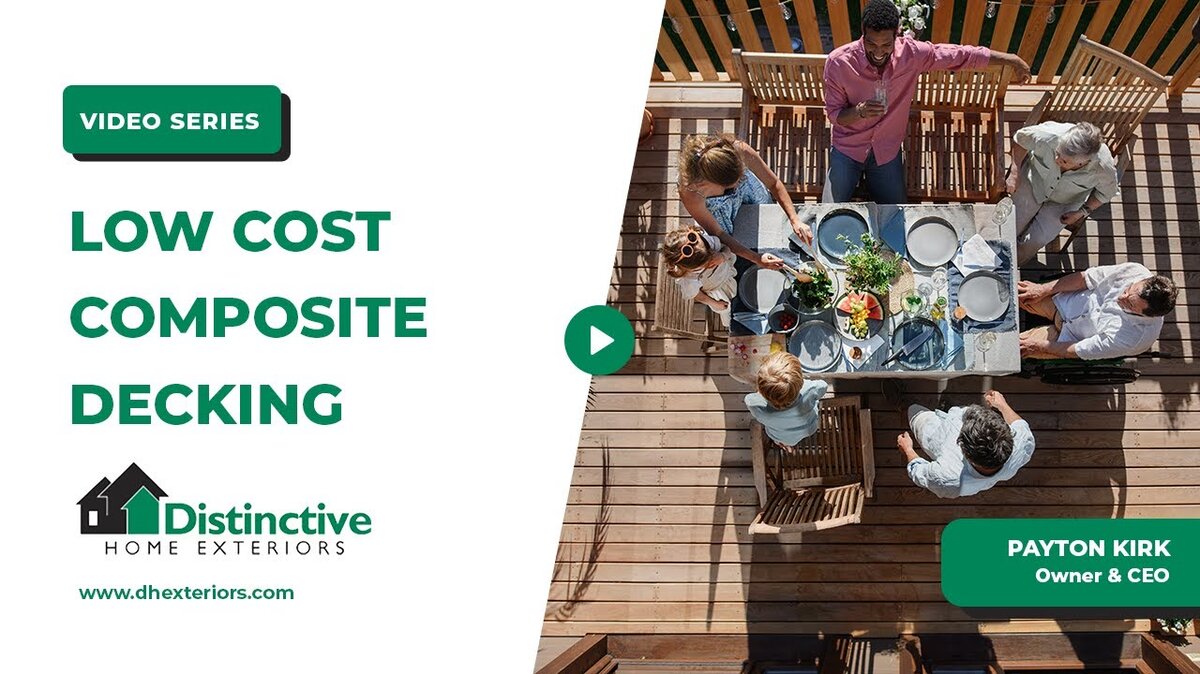Advantages of Composite Decks
Durability and Stability
One key benefit of composite decking over wood is its exceptional durability and stability. Composite decks do not expand and contract as much as wood does, reducing the risk of warping and splitting. Unlike natural wood, composite decking also resists mold and decay, ensuring a longer lifespan and maintaining its appearance over time.
Low Maintenance
Another significant advantage of composite decking is its low maintenance. Wood decks require regular refinishing and staining to preserve their appearance, but composite decking eliminates this need. By opting for a composite deck, homeowners can significantly reduce the time and money spent on annual upkeep, making it an attractive option for those who value convenience.
Cost Comparison: Composite vs Wood Decks
Initial and Long-Term Costs
While composite decking may come with a higher upfront cost compared to wood, its long-term benefits outweigh this initial expense. Over time, the money saved on maintenance and repairs for a wood deck can quickly surpass the initial cost difference between wood and composite. In three to five years, the cost of maintaining a wood deck can catch up to or even exceed that of an entry-level composite deck.
Quality Tiers
As you move up the quality ladder of composite decking, the initial cost gap between composite and wood decks widens. However, considering the expected lifespan of 20 to 25 years for a composite deck, homeowners will still see a long-term cost advantage. This makes composite decking a practical option, regardless of the quality tier chosen.
New Age Improvements in Composite Decking
Advances in Technology
Today’s composite decks have significantly improved from early iterations. Modern composite materials have been refined to minimize expansion and contraction, ensuring long-term stability. Many products now feature a PVC cap stock, which provides additional protection and helps composite decks resist the elements better than ever before.
Types of Composite Decking Products
The level of PVC cap stock varies across different composite decking tiers:
- Entry-level: Approximately 80% PVC cap coverage.
- Mid-tier: Typically fully encapsulated or slightly more covered than entry-level.
- High-end: Fully encapsulated, offering the highest level of protection.
These variations in design contribute to the overall quality and durability of composite decking, providing homeowners with a range of options to suit their needs.
Composite vs Treated Decks: Conclusion
Meeting Your Goals
When choosing between composite and treated decks, it is essential to consider your goals. Composite decking offers substantially lower maintenance over its lifespan, maintaining vibrant colors that can be challenging to achieve with wood stains. It also provides a visually appealing addition to any outdoor living setup, with a consistent appearance that lasts for years.
In Summary
The benefits of composite decking make it a strong contender against wood decks. Its durability, low maintenance, and cost-effectiveness over time, coupled with advancements in technology, position composite decking as a compelling option for homeowners. If you seek a deck that retains its appearance, requires minimal upkeep, and adds value to your outdoor space, composite decking is the way to go.
For more information or to explore your options, feel free to contact us. We’re here to help and guide you through every step of the process.





